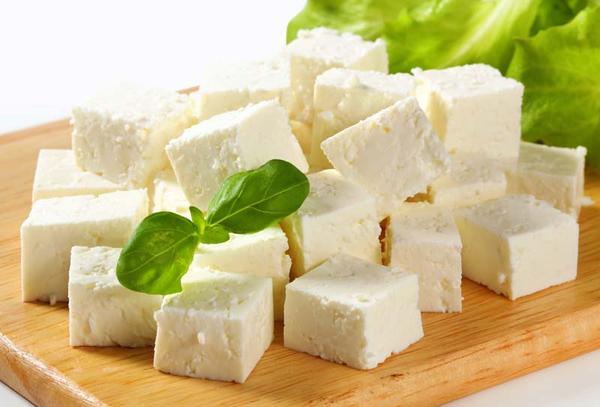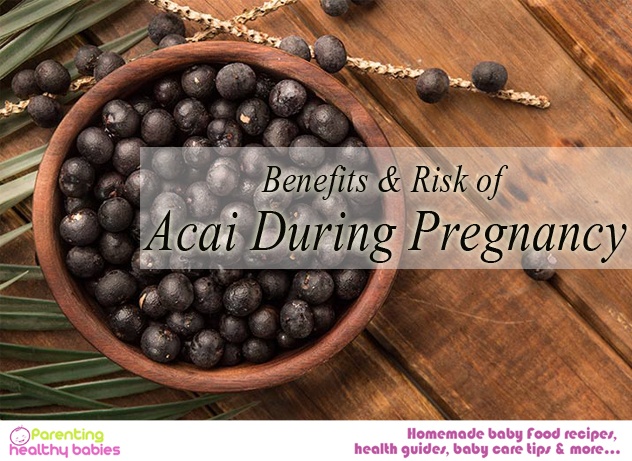Feta cheese is one of the delicious types of cheese. But during pregnancy, one needs to keep an eye on its intake. This is because it causes a major effect on the delivery and health of the baby. The initial three months require extra care. Many doctors advise avoiding feta cheese. Therefore it is important to know about Feta cheese.
What is Feta cheese?
Feta cheese is obtained from a mixture of goat and sheep milk. It is a crumbly block of cheese popularly considered as a natural source of probiotics and is way easier to digest as compared to cow milk cheese. Since it is derived from pasteurized milk, it is safe to be consumed. It is commonly consumed in Mediterranean cuisine, there, cheese is used as a garnish for plenty of main courses, appetizers, and desserts.
Nutrition
Feta cheese is found to be rich in calcium and also loaded with nutrients. A single ounce of a serving of Feta cheese can make one gain around 6 grams of fat and 4 grams of protein. Though it is low in carbohydrates which makes it safe to be consumed in diabetic patients by not leading to an increase in blood sugar level. The nutrient profile of Feta cheese is highly nutritious as it contains a good amount of vitamin K, vitamin A, pantothenic acid, folate, and magnesium. Along with these, feta cheese is also rich in vitamin B, protein, and phosphorus just like Ricotta, Mozzarella, and Parmesan Cheese which help in good bone growth.
Can Pregnant Women Have Feta Cheese?
Consuming soft, fresh pasteurized mild feta cheese is safe in pregnancy. Pasteurization is a process to kill all harmful bacteria and make the product completely safe for unborn babies. A pregnant woman can without any worry consume feta cheese as long as the label says it’s pasteurized. Moreover, she has no lactose intolerance, she can enjoy having it.
Risks
The major risk associated with Feta cheese is seen when it is obtained from unpasteurized milk. There are high chances it may carry harmful bacteria, Listeria monocytogenes. This dangerous bacteria is usually found in many animals and dairy products and can survive at refrigeration temperatures too. It is observed that refrigerating feta cheese makes it more favorable for Listeria to grow and culture. This bacteria is known to attack pregnant women who have low immunity. Women above the age of 65, carrying a baby are high at risk.
Listeriosis is a condition seen due to bacteria. Pregnant women eating unpasteurized feta cheese have a high risk for miscarriage or new-born sickness. The unborn baby may have a risk of developing deformities due to feta conditions. If pasteurized cheese is not available, one can cook the unpasteurized cheese for at least 2 minutes to kill the bacteria and then consume it. Cooking feta cheese for a minimum of 2 minutes makes it a lot safer.
When Not to Eat Feta Cheese During Pregnancy?
It is better to avoid the consumption of feta cheese if a pregnant woman is suffering from any digestive problem. In the case of lactose intolerant patients with an acne breakout, limit or even cut off the consumption of feta cheese as soon as possible. It is important to know the source from where one is getting feta. If one doubts upon the supplier, about the safety and hygiene standards of the manufacturing plant, it is best to avoid buying it from that source. Cross-contamination and bacterial infection are quite commonly seen during these sources cases. One should limit feta cheese intake if on a low – carb diet.
How to Eat Feta Cheese Properly?
Feta cheese can be consumed in various ways. It has been used as a baking or cooking ingredients or can be served with raw dishes. It can be consumed by vegetarians as well as non-vegetarians. Following are some of the popular feta dishes for pregnant women:
Feta Cheese Pizza
Feta cheese is delicious and sprinkling the pasteurized feta over the pizza makes the pizza even tastier whereas it is better to avoid unpasteurized feta cheese topping.
Feta Cheese in Burrito Bowls
Pasteurized feta cheese is safe to be used as a sprinkler in the burrito bowl. One can mix kidney beans to increase the nutritive value for the pregnant mother.
Melted Feta Cheese
Melted feta cheese is good when it is cooked properly and can be added to sandwiches, quiches, and tarts. It makes it more tempting to eat. Baked Feta cheese can also be consumed by pregnant women.
Feta cheese Salad
Homegrown fresh salad with pasteurized feta sprinkled can be added to the diet of pregnant women. This salad is not only healthy but tasty as well.
Feta Dips
Cravings are common during pregnancy and fulfilling it with feta dip with the meals is a great option.
Feta in Brine
In the early days, Feta was stored in brine. It is important that feta in brine should only be consumed if it is pasteurized.
Feta Tortilla Wraps
Feta tortilla wrap is an easy, quick meal. It is tasty to have, one can mix different sauces, veggies along with it.
Word of caution
Though soft cheese is normally not recommended during pregnancy, feta cheese is an exception. Since it is obtained from goat’s milk it is highly nutritive and healthy. But the most crucial thing to be remembered before using the feta cheese is to know whether it is pasteurized or unpasteurized. One can have fun with meals with help of pasteurized feta without worrying about anything.
Sources:
- https://www.ncbi.nlm.nih.gov/pmc/articles/PMC10643065/
- https://www.ncbi.nlm.nih.gov/pmc/articles/PMC3593057/













